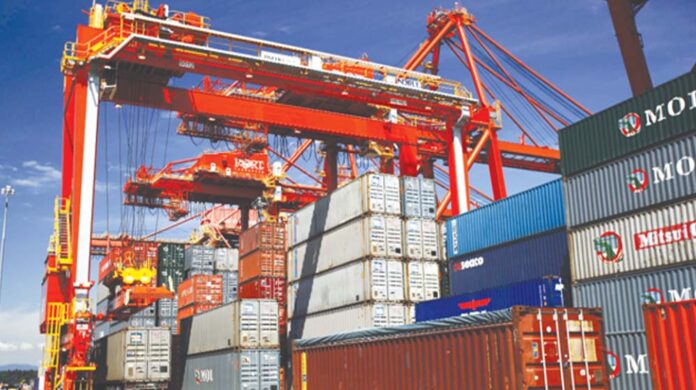Despite of the current COVID-19 crisis, there is a probability that Pakistan would increase its exports up to $12 billion by the next four years yet there is a risk of about $7 billion of this untapped export potential due to market frictions such as lack of transparency and related non-tariff measures, especially for small businesses seeking more cross-border trade.
The International Trade Center and the World Bank Group released a recent report “Invisible Barriers to Trade – Pakistan: Business perspectives” that states that more than half of the Pakistani Exporters are struggling with domestic and foreign regulatory challenges.
The report reveals the barriers faced by Pakistani businesses that is formulated with a survey of more than 12000 exporters.
The surveyed companies identify “time delay”, “corruption and arbitrary behavior”, and “limited and costly airline transportation” as major challenges for the businesses in Pakistan.
Free trade agreement between Pakistan and China hasn’t completely abolished business hurdles in China. The ‘arbitrary’ behavior of Chinese customs officials means local certificates might be refused, even if they are issued by a recognized private laboratory.
The report identified that 47% of the surveyed companies that exports manufactured goods also encounter difficulty with the export regulations. More than 43% of the difficulties involve regulations of Asian countries (excluding the South Asian Association for Regional Cooperation, (or SAARC), and particularly Gulf Cooperation Council members.



